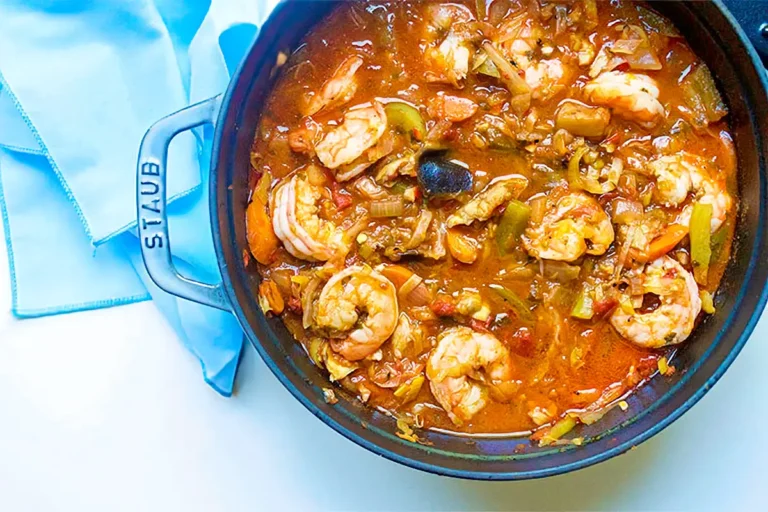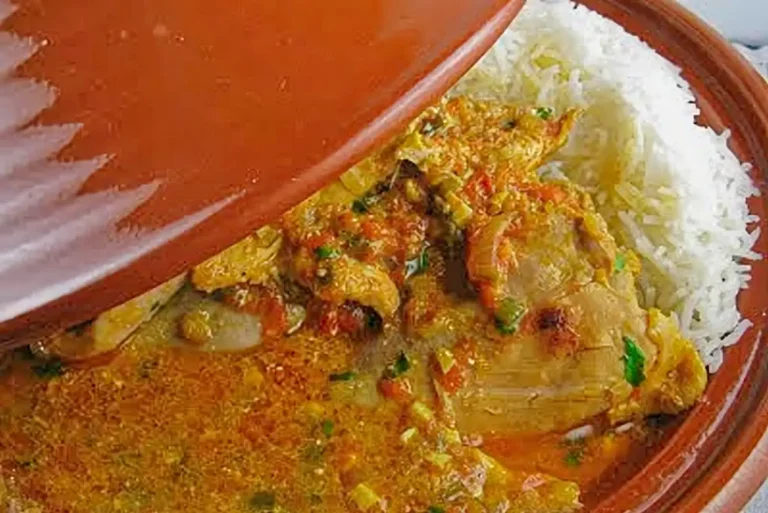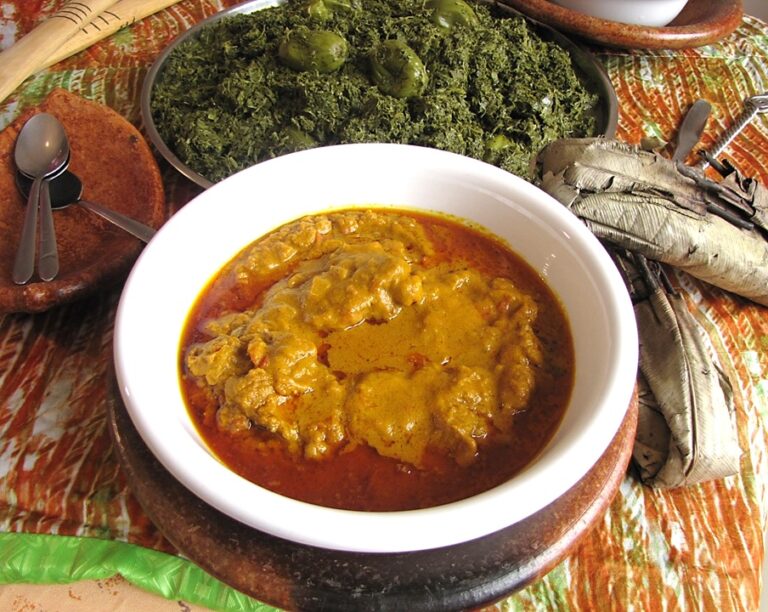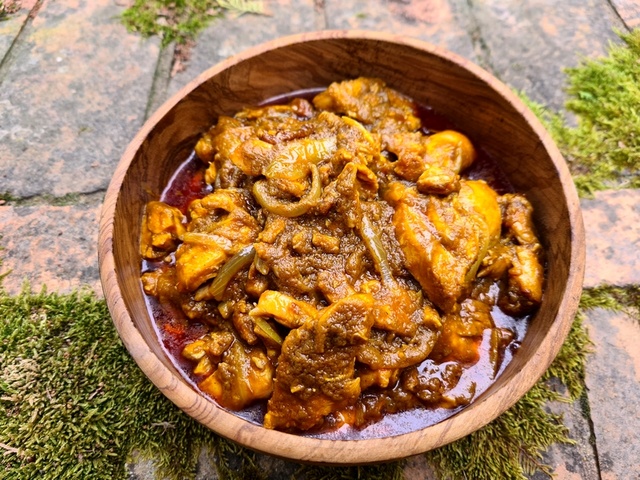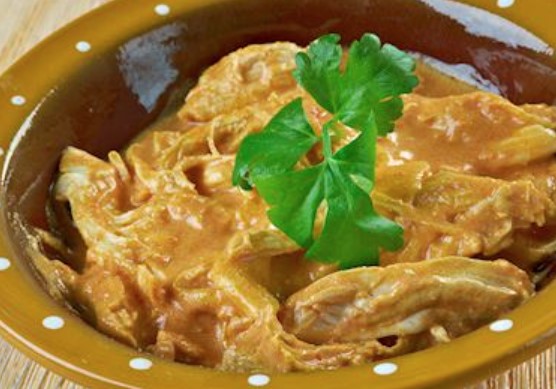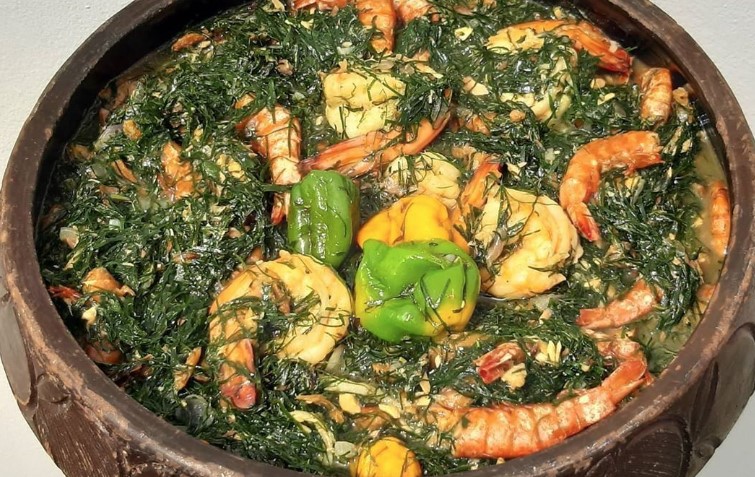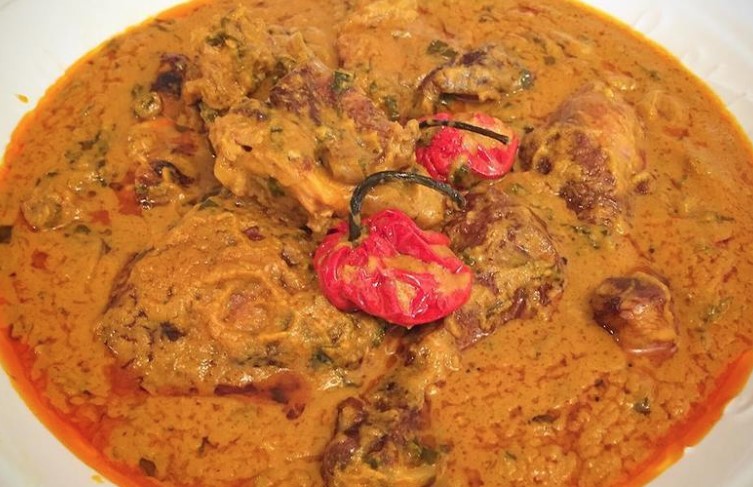Introduction: Gabonese Cuisine
Gabon is known for its rich and diverse cuisine, which features a variety of ingredients and cooking techniques. The cuisine of Gabon is influenced by both African and European culinary traditions, resulting in a unique blend of flavors and textures. Gabonese dishes are typically prepared using locally sourced ingredients such as cassava, plantains, yams, and fish.
Gabonese cuisine is also characterized by its use of spices and herbs, which add depth and complexity to dishes. Some of the most commonly used herbs and spices in Gabonese cuisine include thyme, basil, ginger, and garlic. The result is a cuisine that is both flavorful and rich in cultural significance.
Festive Occasions and Traditional Foods
Gabonese cuisine is especially vibrant during holidays and festive occasions. During these times, families and communities come together to celebrate and share traditional foods. Some of the most popular Gabonese holiday foods include grilled fish, cassava leaf stew, and pounded yam.
Festive occasions in Gabon are also marked by the preparation of special dishes, such as smoked meat and fish, and roasted plantains. These dishes are typically prepared using traditional cooking methods, such as smoking over an open flame or roasting on hot coals.
Christmas: Savoring Gabonese Delicacies
Christmas is a special time in Gabon, and families celebrate with a range of festive foods. One popular dish during the holiday season is Poulet Nyembwe, which is a chicken stew made with palm oil, onions, and garlic. Another favorite is the Gabonese-style Jollof rice, made with tomatoes, onions, and a range of spices.
During Christmas, Gabonese families also prepare a variety of sweet treats, such as coconut candy and beignets (a type of fried dough). These desserts are often shared with friends and neighbors as a way of spreading holiday cheer.
New Year’s Day: Traditional Holiday Dishes
New Year’s Day is another important holiday in Gabon, and traditional foods play a significant role in the celebrations. One popular dish during this time is Fufu, a starchy dough made from cassava, yams, or plantains. This dish is typically served with a savory soup or stew.
Another traditional Gabonese holiday dish is Maffe, a peanut sauce served with either beef or chicken. This dish is typically eaten with rice or couscous. Other popular dishes during New Year’s Day celebrations include smoked fish and grilled meats.
Easter: Time for Special Gabonese Fare
Easter is a time for family gatherings and special foods in Gabon. During this holiday, Gabonese families prepare a range of dishes, including fish, chicken, and lamb. One popular dish during Easter is Grilled Lamb, which is marinated in a blend of spices and herbs before being grilled over an open flame.
Gabonese families also prepare a variety of side dishes during Easter, such as cassava fufu and plantain chips. These dishes are often served alongside the main course, adding texture and flavor to the meal.
Conclusion: Gabonese Holiday Foods are Unique!
Gabonese cuisine is diverse and flavorful, and the traditional foods prepared during holidays and festive occasions are no exception. From grilled fish to cassava fufu, Gabonese holiday foods are rich in cultural significance and reflect the country’s unique culinary heritage.
Whether celebrating Christmas, New Year’s Day, or Easter, Gabonese families come together to share traditional foods and create lasting memories. These dishes not only nourish the body, but also feed the soul, reminding us of the importance of family, community, and cultural heritage.

